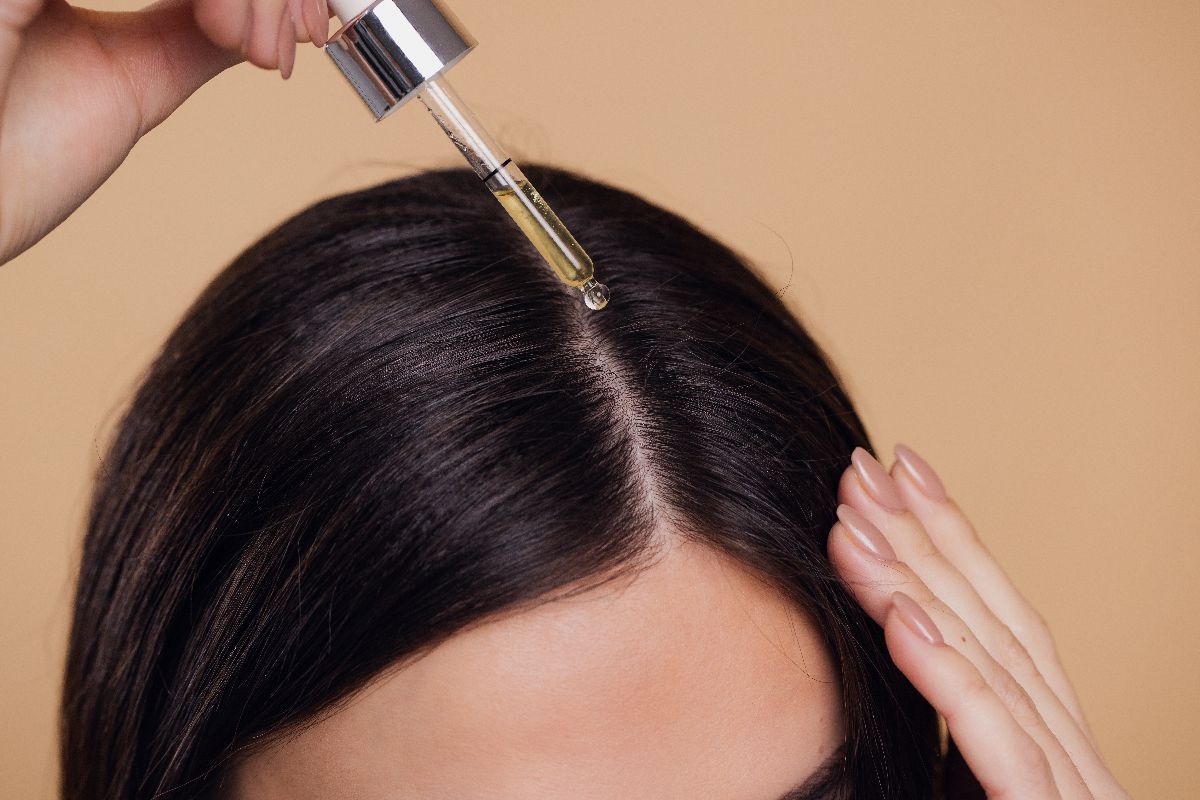Memory slips can be frustrating — but when it becomes a pattern it’s a cause for concern. This is especially true if you’re in your 20s and 30s and feel you’re constantly forgetting things.
Memory problems can trigger fears of looming cognitive illnesses, but oftentimes forgetfulness can be caused by several common yet fixable issues. Here are seven reasons for poor memory at a young age.
Changes in your brain are to be expected as you grow older, but problems with memory are less common. If you’re fairly young yet have trouble remembering things, it could be that you lack mental stimulation.
Like other muscles in your body, the saying “use it or lose it” applies to your brain. It’s important that you keep your mind in shape by challenging it regularly. The more active your brain is, the better your memory is likely to be.
Some mind workouts you can try are daily puzzles, like crosswords. You can also try reading more books, taking up new hobbies, and staying socially active — all of these promote different functions of the brain. Drinking herbal teas, which are packed with brain-boosting vitamins and nutrients, can stimulate neural pathways in your brain and keep you mentally active.

Sleep is another important contributor to brain health. Your brain uses the time you spend asleep to collate and store new information into long-term memory. However, most people in their 20s and 30s lack adequate, restorative sleep due to their hectic lifestyles. Thus, their brains are unable to perform this critical function — leading to poor memory recall and retention.
Sleep-deprived people are also more likely to develop problems with blood pressure. They tend to have constricted blood vessels, which lead to high blood pressure and hindered blood flow. This limitation deprives your brain of the nutrients, glucose, oxygen, and other crucial materials your brain needs to work properly.
Prescription medications can affect the memory of those who take them — even when you’re young and relatively healthy. Certain drugs, like anticonvulsants and antidepressants, are linked to impaired memory — it’s even on their list of possible side effects.
Other medications, like antihypertensive drugs and tranquilizers, have a sedative effect on those who take them. This could cause brain fog or confusion in some, and even block certain neurotransmitters like acetylcholine. These effects contribute to feelings of forgetfulness and confusion.
Your thyroid gland, which is located in your neck, is used to regulate many body functions. It does this by producing a constant supply of hormones into your blood. Hypothyroidism — which is when this gland produces too few hormones — may lead to memory and concentration issues.
Studies have linked untreated, long-term hypothyroidism with a decrease in hippocampus size. The hippocampus is the part of your brain that controls memory and learning functions, and its mass is indicative of your capacity to process new information. Thus, problems with your thyroid may impair your memory capabilities. A simple blood test can help you figure out if your thyroid is doing its job properly.

Your brain needs a wide range of nutrients to keep healthy and perform all of its functions properly. For memory functions, your brain needs two types of B vitamins: thiamin (B1), and B12 (cobalamin). A vitamin B1 or B12 deficiency can lead to memory loss. B1 is used to grow, repair, and promote the function of brain cells. B12 supports the health of blood, brain, and nerve cells. These two vitamins are crucial to all aspects of brain function — including memory. However, aging in addition to a poor diet may cause your levels of vitamin B1 and B12 to decline naturally.
There are times when you find it hard to concentrate, which will eventually lead to problems with information recall. Stress and anxiety are the most likely culprit when your memory problems seem to come and go. Both interfere with attention and prevent your brain from locking in new information or skills. Extreme anxiety or stress can even cause “memory blocks,” and prevent your brain from retrieving old memories.
If this is something you struggle with during work or school, take some time to refocus your brain and relax your body. Taking a few minutes to do a breathing or stretching exercise may help. You may also add certain foods with adaptogenic effects to your diet, as they improve your resilience to stress and soothe symptoms of anxiety.

Drinking alcohol when you’re in your 20s and 30s is a commonplace thing — it’s a part of many social events. But, did you know that there are parts of your brain that are susceptible to alcohol-related damage? One of those is your hippocampus, which we mentioned is important for memory.
Having too much alcohol too often can interfere with both short-term and long-term memory, even after it’s gone from your system. While “too much” varies from person to person, it’s recommended to have no more than two drinks per day. One drink is approximately 1 shot of hard spirits, 5 ounces of wine, or 12 ounces of beer.
Forgetfulness at a young age happens sometimes, but it can be unnerving when it becomes a common occurrence. Knowing the common reasons for poor memory at a young age may help you resolve this problem before it starts affecting your life.
If you’re concerned about your memory lapses, it’s worth trying a brain-boosting herb like Bacopa Monnieri. Taking this herbal tea can greatly enhance your cognitive health, and is scientifically proven to help with memory retention and recall. Your memory problems may be resolved with something as simple and refreshing as having a cup of tea every day!

What are natural ingredients that support healthy hair from root to ti

What are the early signs of dementia in men that you shouldn’t ignor

What are the lifestyle recommendations for those with Alzheimer’

Overview This article talks about the different stages of dementia and
Oyuncular için güvenin simgesi haline gelen bettilt giriş politikaları memnuniyet sağlıyor.
Modern tasarımıyla dikkat çeken bettilt sürümü kullanıcıların ilgisini çekiyor.
Ruletin popülaritesi, bettilt bonus kodu tarafından düzenlenen canlı turnuvalarla daha da artmıştır.
Modern video slotları etkileyici grafiklerle birleştiğinde, bahsegel deneme bonusu deneyimi daha da heyecanlı hale getirir.
Güncel kalmak isteyenler bahsegel üzerinden bağlantı kuruyor.
Daha çok eğlence isteyen oyuncular için bettilt oldukça cazip.
Gelecek yılki sürüm olan bettilt yeni özelliklerle geliyor.